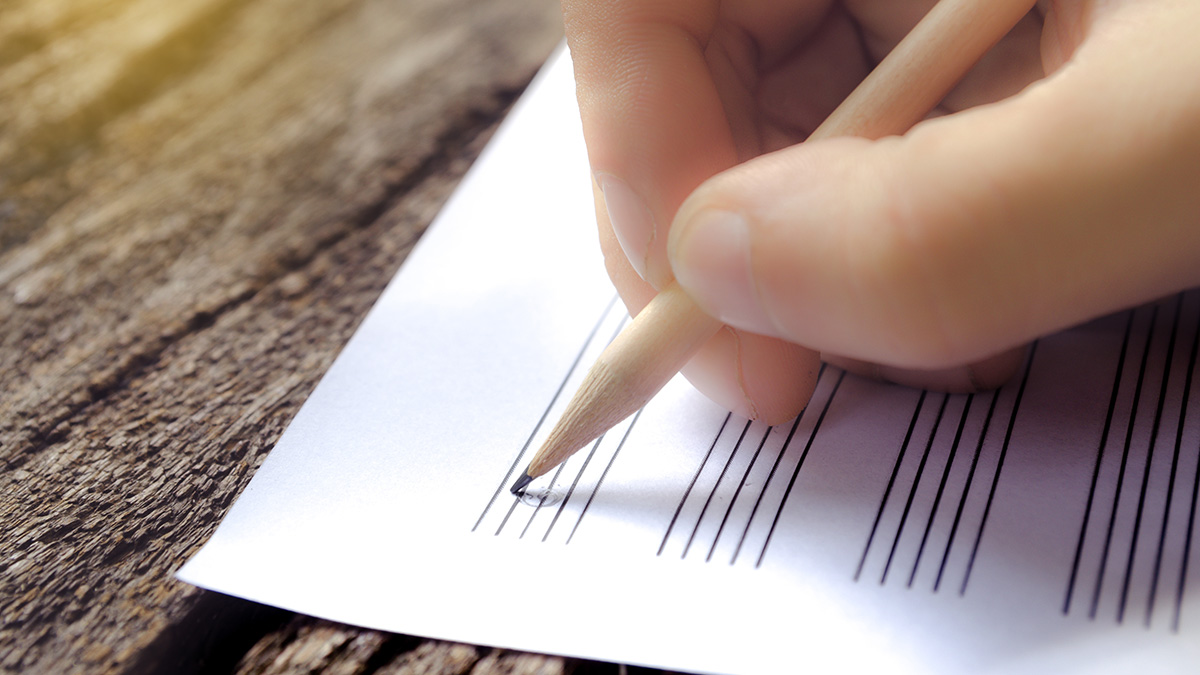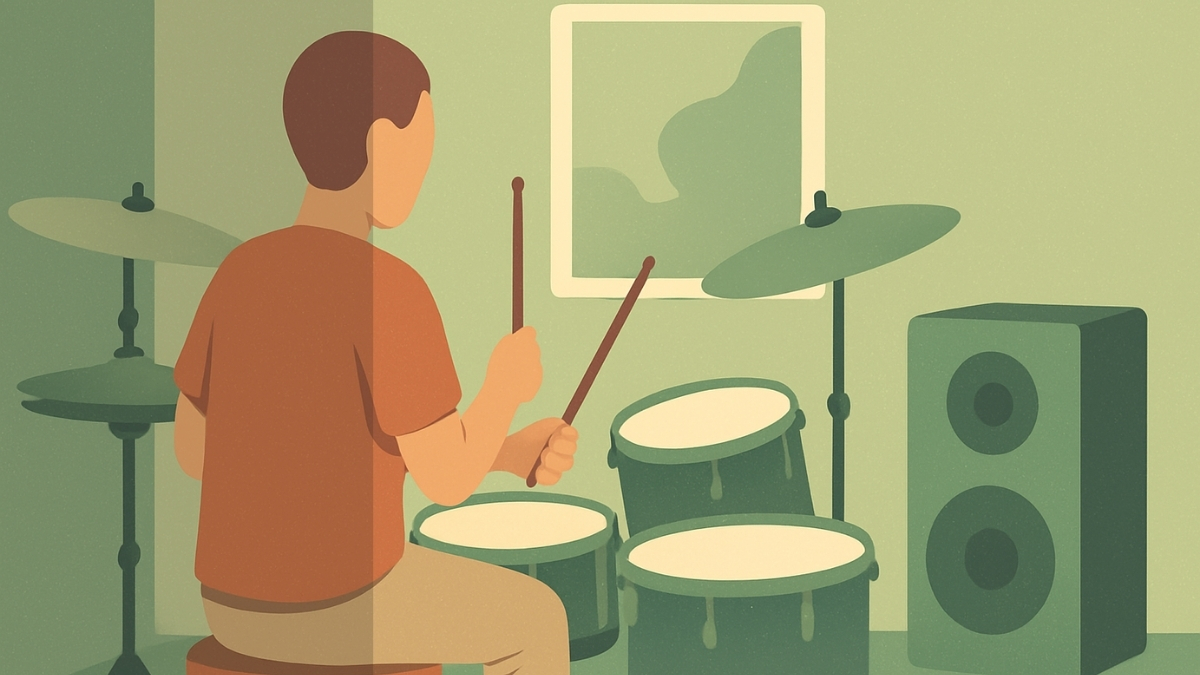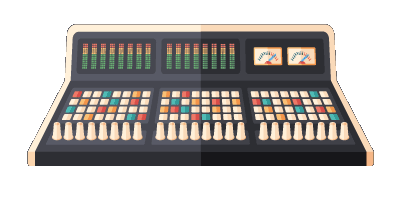Time Management For Musicians

Time is one of the things we all just can't seem to find enough of. We can't work for it, build it, or get it back once we've spent it. For musicians especially, time management can be somewhat of an art, and a mystery. How are we supposed to manage our passion, hobby, art, careers and family all at once? Sounds dismal right?
Fear not, whether you're a musician for hire, aspiring writer or producer, or simply enjoy music and ear training as one of life's great joys, this list will provide some helpful tips on how to best manage your time as a musician and creative.
Developing a practice routine
Developing an efficient practice routine can often be the sharpest barrier between menial, frustrating growth, and rapid improvement on an upward curve. Most of us know how to practice… We sit down, grab the guitar or open the ToneGym app, and go go go. Far fewer of us ever slow down to ask ourselves if our time spent practicing is really time well-spent at all.
Remember, that the only things that will come to you are the things you work towards. If your goal is to master blues-jazz changes on the piano, practicing sight-singing 9 chords for hours on end, while certainly in the same ballpark, isn't going to get you to home plate.
Committing to a practice routine of your own design also helps to further motivate you to practice, period. It supposedly takes 28 days to form a new habit, and there's no time like the present!
First, figure out how much time you can dedicate to practice. There's no right answer, the goal here is to develop an efficient routine, not to deafen ourselves by identifying scales for 8-10 hours a day. I feel strongly that one two (2) hour sitting of dedicated, focused practice per day is a great place to begin. Many songwriting sessions on the professional level last for no longer than three hours, which tells me that anything beyond that, in a creative pursuit, is going to provide diminishing returns.
Many routines should begin with a warm-up, either walking through things from the previous session or applying a set regimen of exercises, then progress into technical practice (scales, chords, repertoire, ear training), before concluding with creative work and improvisation.
Here is a suggested framework for a productive instrumental practice routine:
- 15 minute warm-up
- 15 minutes of ear training
- 15 minutes of technical exercise
- 30 minutes of repertoire (learning new pieces, songs or practicing those in progress)
- 30 minutes of writing, composition
- 15 minutes of improvisation
This is a very basic suggestion, and can be amended for any number of disciplines, instruments or pursuits… let's imagine from the POV of a producer/writer.
- 15 minute review of work from previous session
- 15 minutes of ear-calibration in SoundGym
- 1 hour of new composition or production
- 30 minutes practicing techniques, mastering new plug-ins
The point of all of this is to become aware of how we spend our time. The action has to come before the willingness, or the results. You'll be surprised at the degree of improvement you'll see if you simply set an intention, put it down on paper and work it for a few weeks.
Balancing Music and Work
Doing music as a job is the goal for many people, and understandably so. The opportunity to do what you love for a living is too good to pass up, and definitely a blessing. In reality, many of us have to find other ways to pay the bills as we cultivate and nurture our passions as instrumentalists, producers and composers. Prepare yourself for this next part… that's great!
Having other avenues of income should be celebrated. Even for seasoned pros, creatives often have to find ways to make ends meet, and it's been this way since the beginning of time. When you begin to look at it this way, it helps to alleviate some pressure, desperation, and opens us up creatively.
If you're a student, or work a full time job, don't fret. You can still find the time to pursue music and improve your skill set. The time you spend worrying about having enough time is probably enough! Ask yourself… if you got a phone call tomorrow that said you could quit your job and make music full time, would you actually spend an extra 40 hours a week on music? Unless you're a concert pianist preparing for a concert at Carnegie Hall and have the energy of a toddler after eating Lucky Charms, I doubt it. Music is a marathon, not a sprint, and when we are efficient, making time for the rest of our lives isn't a problem.
I know from my own experience, that when I was teaching 20 lessons a week, I didn't feel nearly as motivated to go home and practice as I did when I was a student in highschool or working other jobs and gigs. Work with what you've got.
Balancing Music and Music Work
Those who are fortunate enough to work in the music industry also understand the difficulties a creative can experience when that passion and craft we've nurtured for our entire lives becomes 'work'. While that old expression about 'do what you love and you'll never work a day in your life…' sounds great; the reality is that creative work, while fulfilling, can be demanding, and draining. Music as a job can be unstable, and if you no longer enjoy it, what's the point? Otherwise, you'd have the best hobby in the world.
If you work in music, it's important to learn to balance between music as work, and music as expression. Try to find some time each day to make something just for you, not for a client or a student, because music is FUN (you could always make more money as a broker…)
Last Words…
If you don't have enough time, MAKE time. Within reason, there's always more time in the day. While I can't recommend sacrificing sleeping, eating or caring for the most important matters in family and health, I do believe that many of us waste more time than we know, and that we can always make a CHOICE to seize it back. The easiest way is to find an hour, either in the early morning or late at night, that we can dedicate to writing, practicing or ear training. Many people get up an hour early to hit the gym, why not wake up an hour early and hit the ToneGym instead?



Comment on this post on ToneGym Community